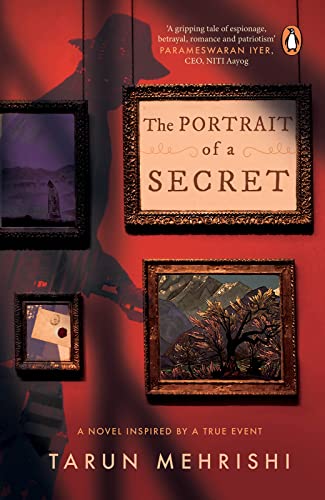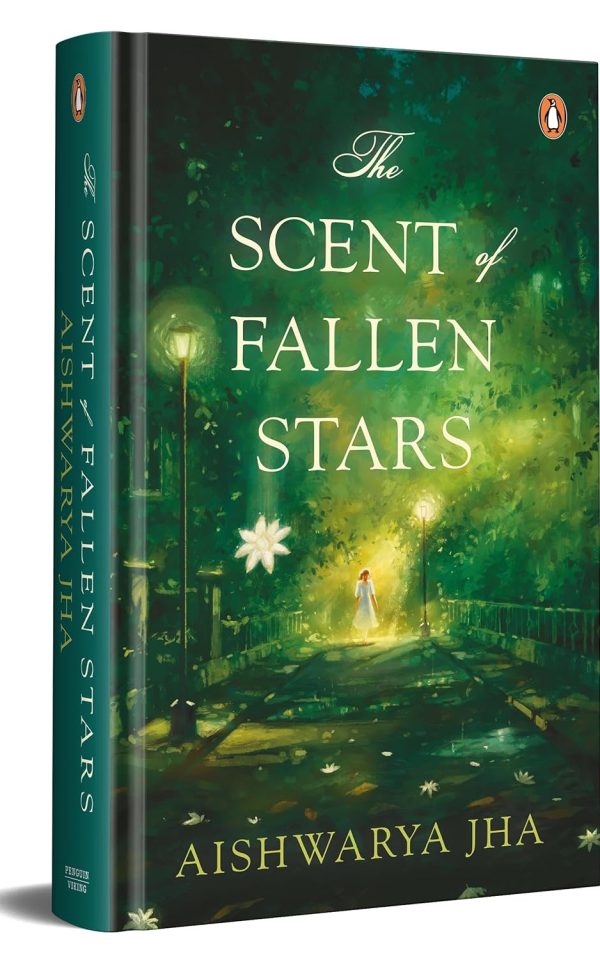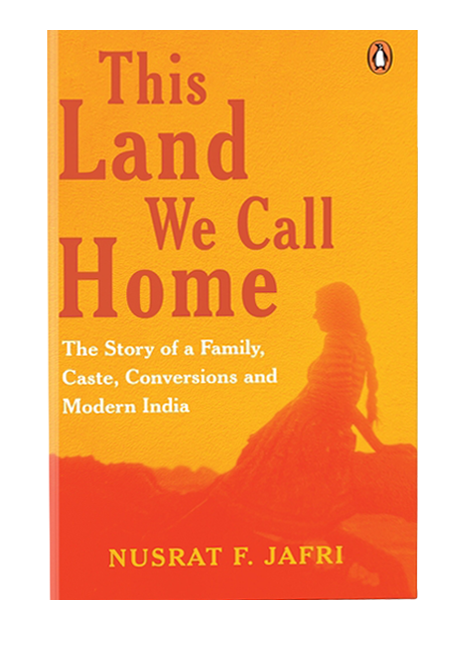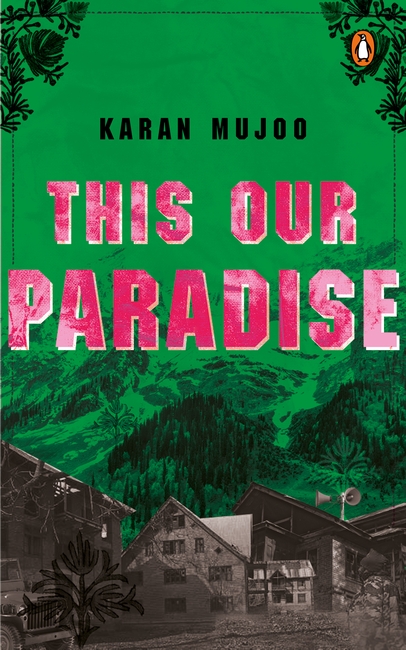The Portrait of a Secret
"What can a patriot do when he has to make the choice between self-preservation and love for his country?
As India’s Chief of Intelligence, Amitabh has spent a career battling India’s enemies, domestic and foreign. Now, in the winter of his illustrious career, he is faced with his most daunting challenge yet - averting a nuclear strike against his homeland that he knows very little about - except that it is coming. As Indian intelligence works feverishly to uncover the truth, Amitabh’s path crosses Kamal’s, a senior IAS officer, who is investigating the theft of two priceless paintings from India. Even as they work together to accomplish their missions, the paintings reveal a secret thought to have been lost in the fires of partition. The discovery unleashes a global battle between the RAW, the ISI and the CIA, as each scrambles for control over a secret that would permanently swing global geopolitical power towards them. Innocent lives and intelligence assets built over decades are ruthlessly sacrificed for something far more valuable - control over the Indian sub-continent. Everything is at stake till one man is forced to make an impossible choice - one that will decide the fate of the world."




